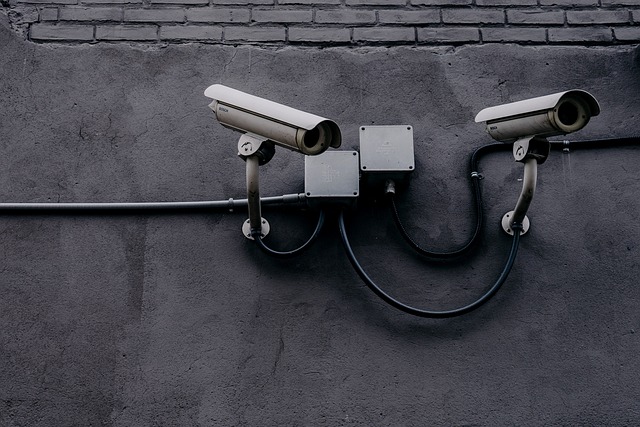The Rise of Social Surveillance: How Social Media is Fueling Addiction
In today’s hyper-connected world, the term social surveillance takes on a new meaning. As we scroll through our feeds, checking the latest updates from friends, celebrities, and influencers, we inadvertently participate in a cycle that can often feel inescapable. The pervasive presence of social media shapes not only how we interact but also how we perceive ourselves and others, raising serious questions about addiction and dependence.
The Impact of Social Media
Social media platforms are designed to captivate. With every notification that lights up our screens—be it likes, comments, or shares—we experience a rush of dopamine, the brain’s pleasure chemical. This instant gratification promotes a cycle of constant checking and re-checking, akin to gambling or other addictive behaviors. The powerful allure of social surveillance encourages users to stay engaged and invested, often at the expense of their own mental well-being.
As we begin to focus more on our social media personas, there comes a point where we might question whether we’re genuinely engaging with our lives or merely curating them for an audience. Are we living authentically, or are we trapped in a feedback loop of validation through likes and shares? The pressure to present a perfect image can lead to feelings of inadequacy and anxiety, driving individuals deeper into the abyss of social media addiction.
The Cycle of Dependency
Startling statistics reveal that the average person spends over two hours a day on social media platforms. For many, this activity replaces real-life interactions and activities that once brought joy. The growing reliance on digital communication often results in a withdrawal from face-to-face connections, which are crucial for emotional health and stability.
As we observe others’ seemingly perfect lives while simultaneously curating our own, the line between authentic existence and performative living blurs. This type of social surveillance can spawn a sense of paranoia, as users often feel they are being continuously monitored and judged, not only by their peers but also by algorithm-driven content that underscores their interests and behaviors.
Addressing the Problem
Recognizing the addictive nature of social media is the first step towards reclaiming control. People can benefit from setting boundaries—designating specific times for social media use, practicing digital detoxes, or even seeking professional help if the addiction feels overwhelming. Moreover, fostering awareness about the impact of social surveillance can empower individuals to make healthier choices, preserving their mental and emotional well-being.
In an era where connections are measured in likes and shares, understanding the influence of social media on our lives becomes essential. It’s crucial to strike a balance that allows for genuine connections while shielding ourselves from the detrimental effects of addiction fueled by the constant drive for social validation.



